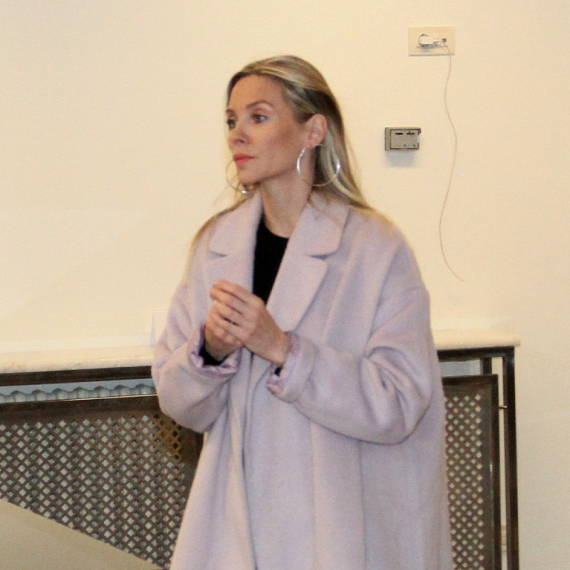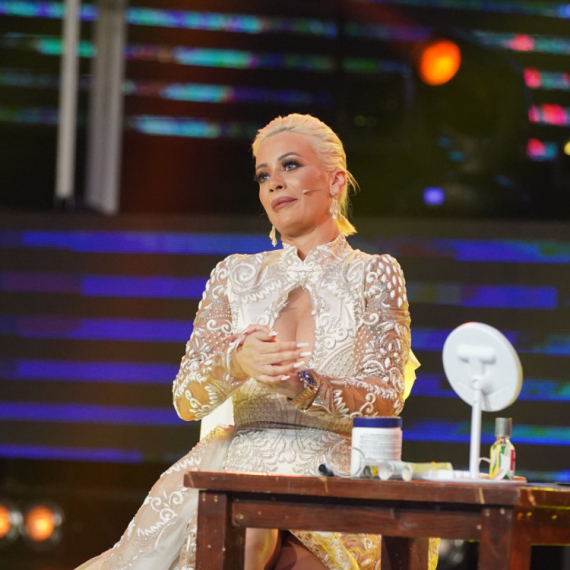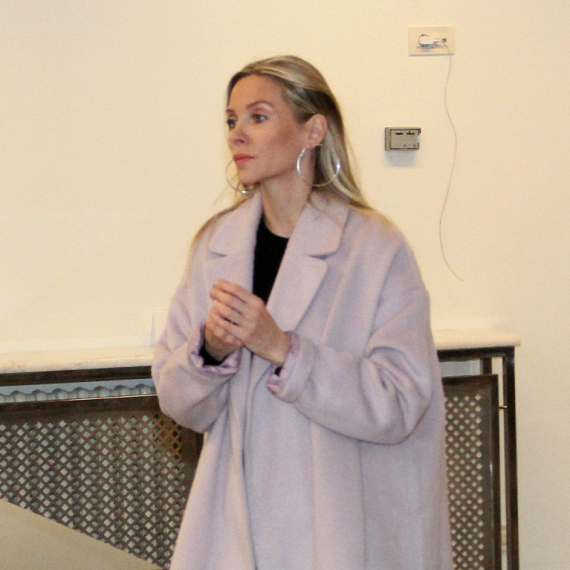Girl separation surgery successful
Separation surgery on a two-year-old Indian girl who was born with four arms and four legs has been successful, doctors say.
Wednesday, 07.11.2007.
09:57

Separation surgery on a two-year-old Indian girl who was born with four arms and four legs has been successful, doctors say. Lakshmi Tatma was joined at the pelvis to what was, in effect, a headless, undeveloped twin. Girl separation surgery successful A team of surgeons in the southern city of Bangalore operated on Lakshmi for 27 hours to separate her spinal column and kidney from that of her twin. It is hoped the procedure will allow her to survive beyond adolescence. "Lakshmi is stable and sound," the doctor leading the operation, Sharan Patil, told a news conference which was shown live on television channels across India. "Optimistic" "She has withstood the operation, she is safe and doing well," he said. Lakshmi is still on ventilation. "We will keep a close watch on her for the next 48 to 72 hours and won't move from the hospital until she stabilizes," Dr Patil said. More than 30 doctors "worked relentlessly through the night to make the operation successful," he said and added that there was "no setback at any stage of the surgery". Dr Patil said he was "optimistic about the child's survival". The surgery began at 0700 local time (0130 GMT) on Tuesday and ended at 1000 local time (0430 GMT) on Wednesday. Lakshmi's parents, poor labourers from the northern Indian state of Bihar, would be allowed to see their daughter this afternoon. The child has been hailed by some in her village in Bihar as the reincarnation of the multi-limbed Hindu goddess of wealth, Lakshmi. Conjoined twins are rare, occurring in about one in every 200,000 births. They originate from a single fertilized egg, so they are always identical and of the same sex. The overall survival rate of conjoined twins is somewhere between 5% and 25%. Historical records over the past 500 years detail about 600 surviving sets of conjoined twins - more than 70% of which have been female twins.
Girl separation surgery successful
A team of surgeons in the southern city of Bangalore operated on Lakshmi for 27 hours to separate her spinal column and kidney from that of her twin.It is hoped the procedure will allow her to survive beyond adolescence.
"Lakshmi is stable and sound," the doctor leading the operation, Sharan Patil, told a news conference which was shown live on television channels across India.
"Optimistic"
"She has withstood the operation, she is safe and doing well," he said.Lakshmi is still on ventilation.
"We will keep a close watch on her for the next 48 to 72 hours and won't move from the hospital until she stabilizes," Dr Patil said.
More than 30 doctors "worked relentlessly through the night to make the operation successful," he said and added that there was "no setback at any stage of the surgery".
Dr Patil said he was "optimistic about the child's survival".
The surgery began at 0700 local time (0130 GMT) on Tuesday and ended at 1000 local time (0430 GMT) on Wednesday.
Lakshmi's parents, poor labourers from the northern Indian state of Bihar, would be allowed to see their daughter this afternoon.
The child has been hailed by some in her village in Bihar as the reincarnation of the multi-limbed Hindu goddess of wealth, Lakshmi.
Conjoined twins are rare, occurring in about one in every 200,000 births.
They originate from a single fertilized egg, so they are always identical and of the same sex.
The overall survival rate of conjoined twins is somewhere between 5% and 25%.
Historical records over the past 500 years detail about 600 surviving sets of conjoined twins - more than 70% of which have been female twins.



























































Komentari 0